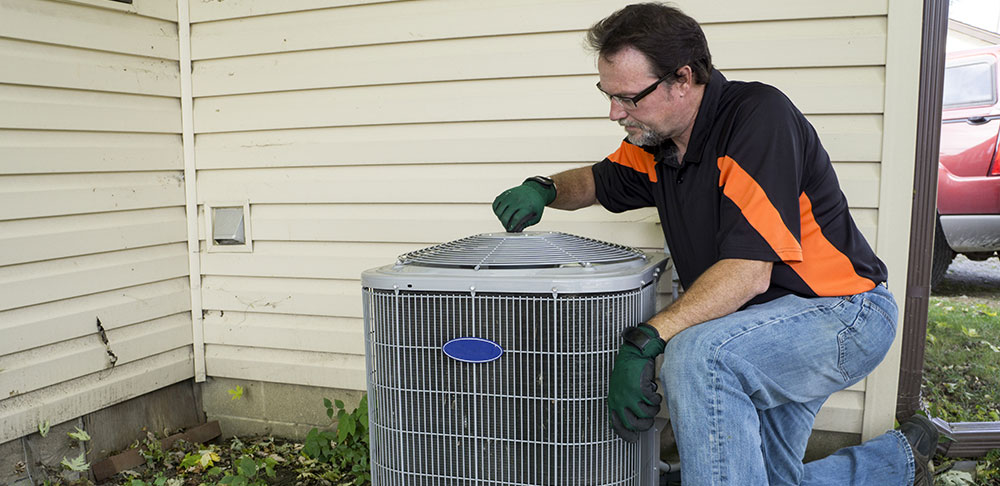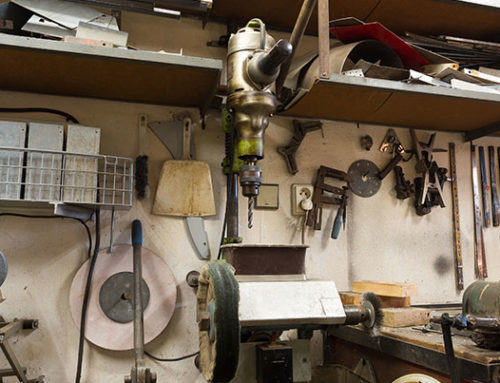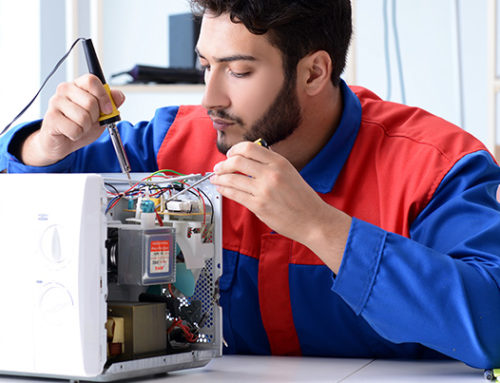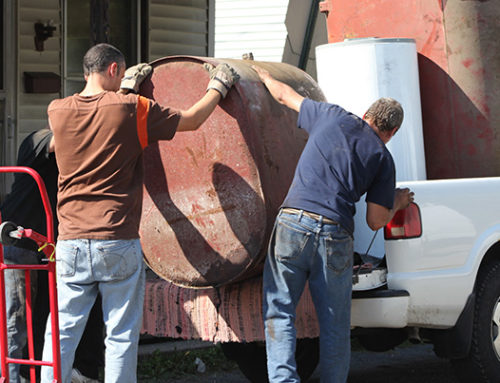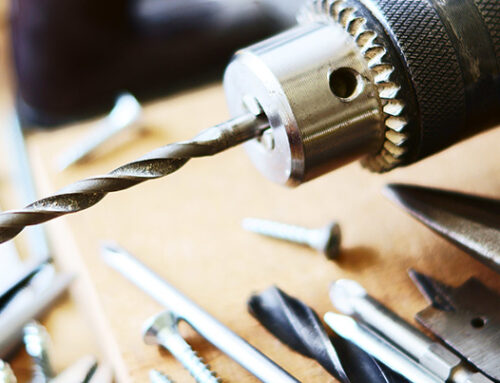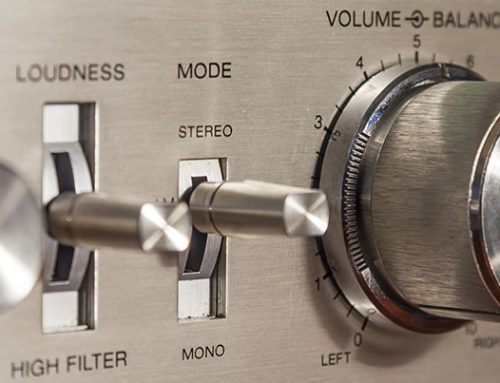Whether it’s a huge rooftop air conditioning unit for a multi-level building or a small portable AC, any kind of HVAC appliance is worth scrapping. However, there are some difficulties with this category of scrap material that stymie many new scrappers, so read on to learn the best way to recycle AC units.
There are two major categories for these difficulties to fall into: legal and mechanical. Anyone can solve the legal difficulties with just a bit of time or effort, and most people can get past at least a few of the mechanical problems. Because the legal issues are a bit simpler, let’s look at those first.
Legal Difficulties of Recycling Air Conditioning Units
Texas state laws are tough on unscrupulous scrappers who steal metal to sell to scrap yards, and unfortunately these tough laws often end up affecting honest scrappers as well. This is particularly true when it comes to scrap items that are often stolen—a category that air conditioners definitely fall into.
If you’re only recycling a single air-conditioner unit, such as one you’ve replaced yourself with a newer model, this shouldn’t be much of a problem. However, some scrappers who work in HVAC or do related activities like refinishing roofs (where many of the largest, most valuable AC units for businesses and apartment buildings are located) want to sell AC scrap in bulk because it can be so lucrative.
Whether you’re just recycling your own AC or you get a lot of old AC units through legal, ethical means, you can protect yourself by creating a paper trail. For example, if you’re a contractor and you pick up a couple old air conditioners from a job site, get the site owner to sign them over to you. You can also provide the name and information for HVAC professionals who helped or took part in removing the AC (such as draining or cutting off the freon).
If it’s a personal air conditioner, keeping a receipt from when you bought it is a great idea. Otherwise, a receipt from a new unit or the word of an HVAC professional who replaced your old unit will certainly help.
Mechanical Difficulties of Recycling Air Conditioning Units
One of the first things you need to know about scrapping any kind of appliance or machine is that you will get more money if you dismantle it. If an appliance isn’t dismantled, scrap yards essentially have to guess its value based on weight, meaning that they often pay their lowest prices in order to protect themselves. Having appliances dismantled helps them pay more by getting a more exact idea of the value.
However, unless you’re an HVAC professional or very experienced with working on complex machines, dismantling an AC is no easy feat. Also, doing so incorrectly can release freon, which is highly illegal and can also be very harmful to your health.
For most scrappers, the best approach is to partially disassemble air conditioners. Taking plastic and other non-scrap or less valuable materials off will help scrap yards pay you more for your AC. Furthermore, separating some of the metals from one another will help out even more.
For example, many AC radiators consist of valuable copper tubes covered with less valuable aluminum. Most scrappers can strip this aluminum away with common tools, a little patience, and some information from free online resources such as scrap blogs, scrap forums, and videos about scrapping air conditioners.
To begin disassembling your AC, take off plastic covers and filters. Then start stripping away aluminum and other metals to sell them separately from the more valuable copper. This shouldn’t take too much time, and can earn you a lot more money than simply bringing a whole AC unit into the scrap yard. Also, as long as you’re careful with your tools, you’re in little to no danger of releasing freon this way.
If you are brand new to scrap metal recycling, don’t forget to check out our beginner’s guide: Scrapping 101. Your scrap metal isn’t doing you any good rusting away in your garage, so bring it by our facility on Shiloh Road in Garland.

